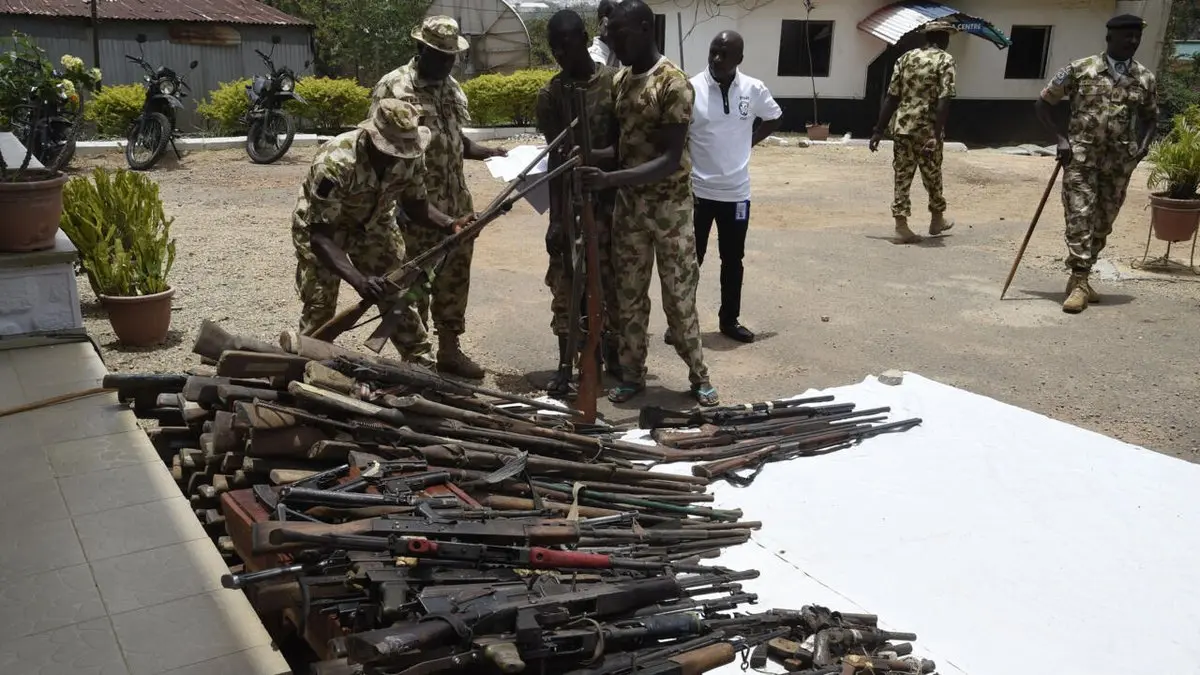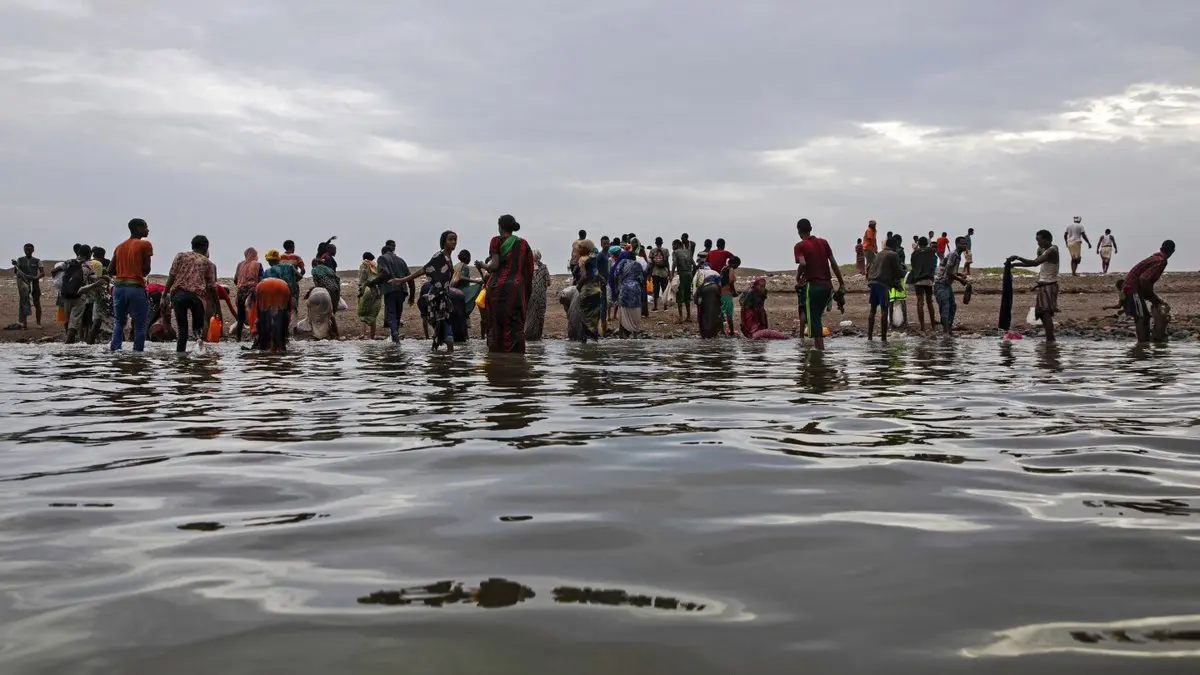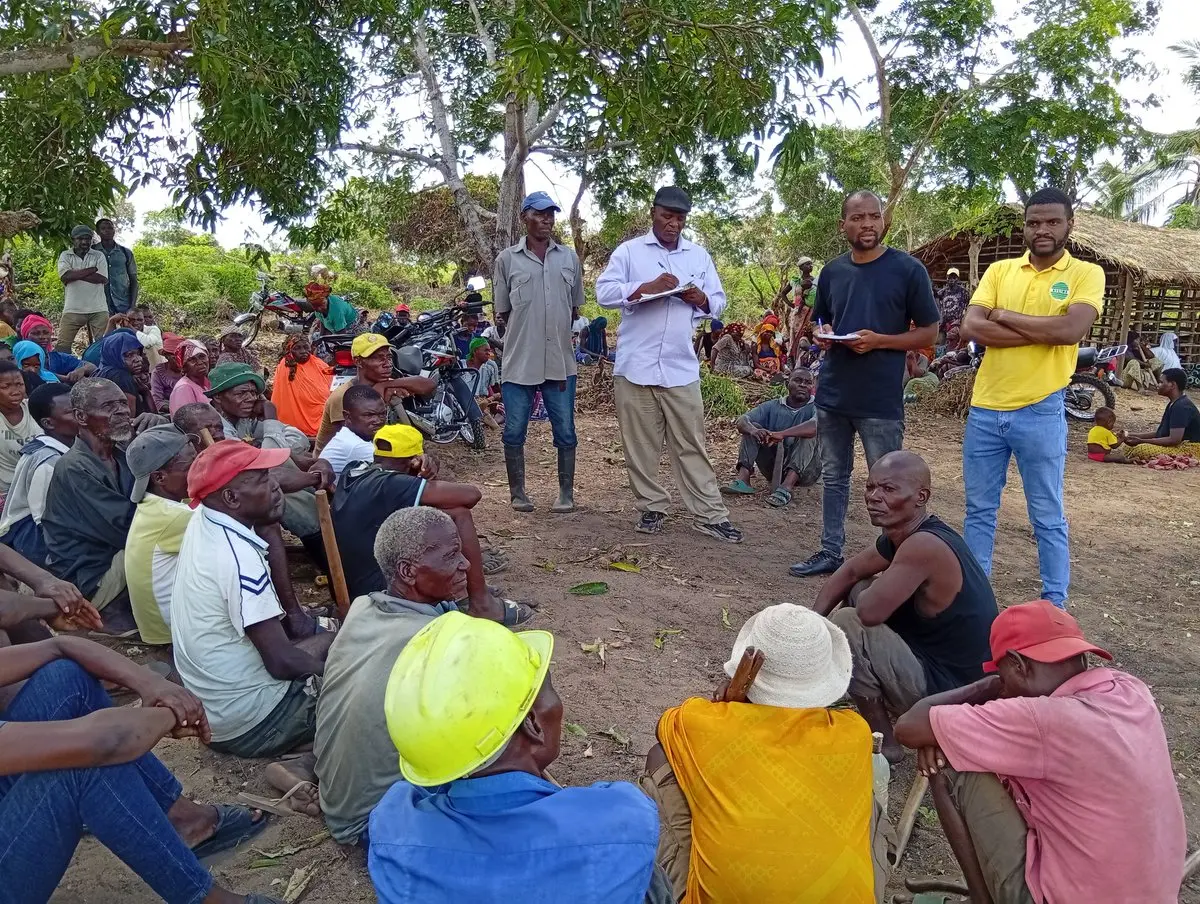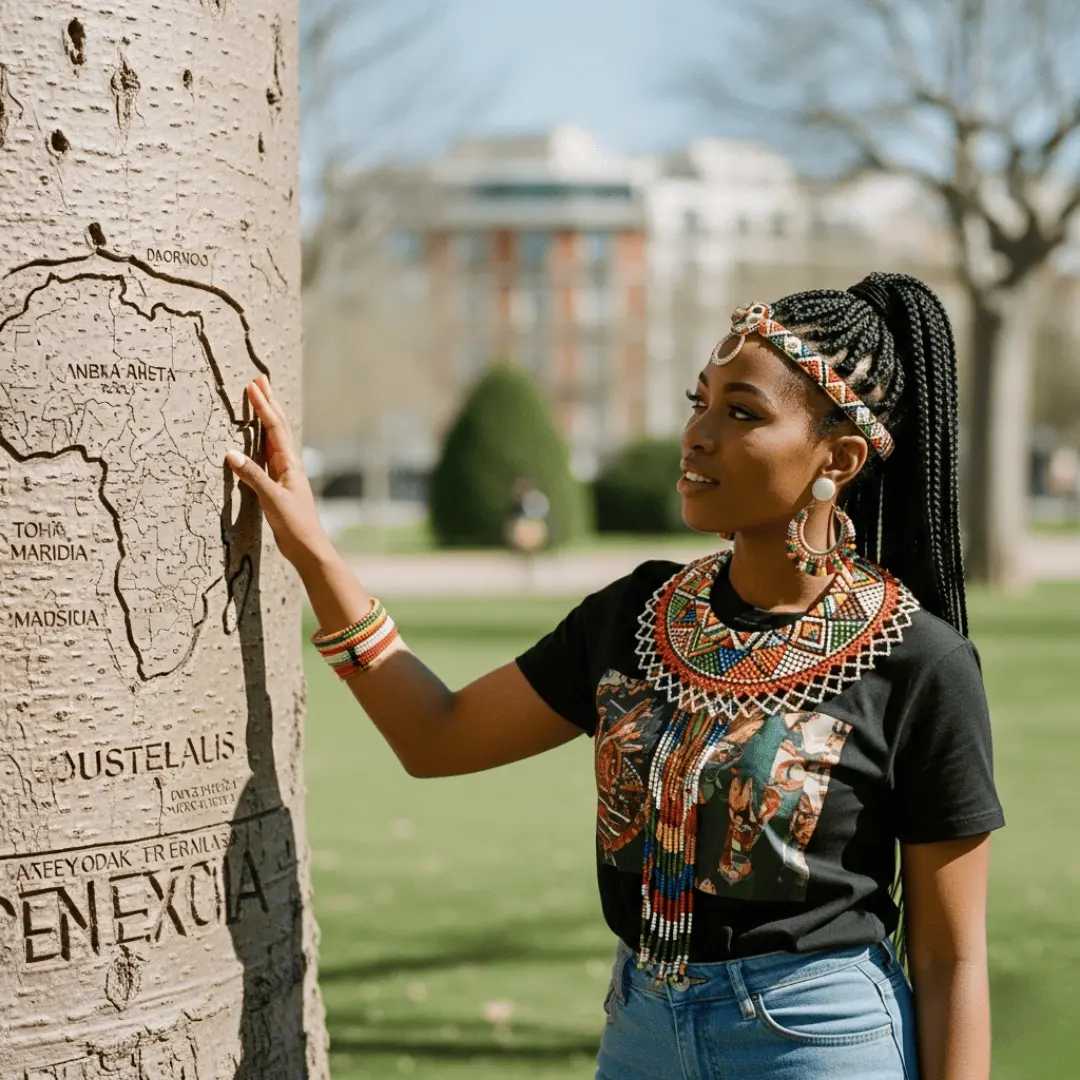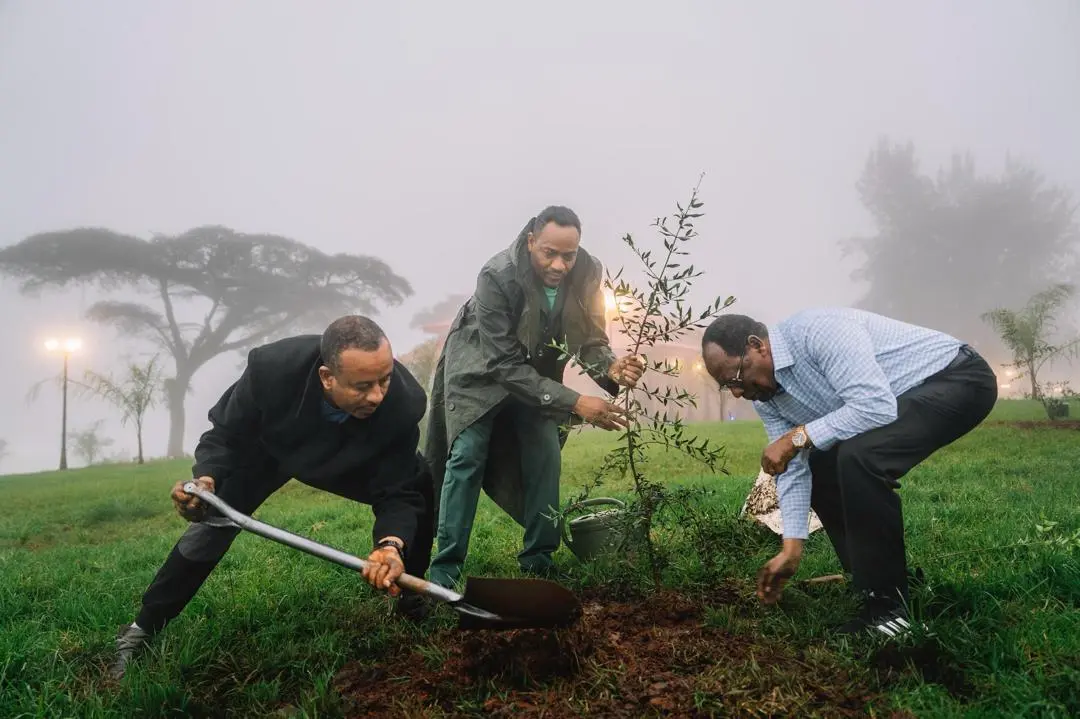South Sudan Opposition Rejects Kiir’s Dialogue Call Amid Rising Tensions and Peace Deal Collapse Fears
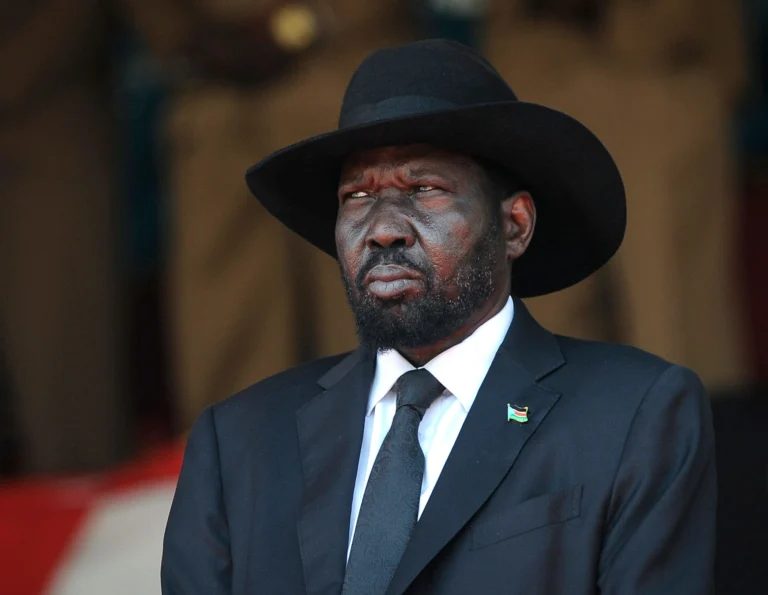
Photo: CNN
August 4, 2025 Hour: 7:07 pm
South Sudan’s fragile peace process faces a new setback as the main opposition party, the Sudan People’s Liberation Movement-in-Opposition (SPLM-IO), rejected President Salva Kiir’s recent appeal for dialogue. The rejection comes amid stalled negotiations, escalating violence, and the detention of key opposition figures, including First Vice President Riek Machar.
During the reopening of parliament on Wednesday, President Kiir urged unity and reconciliation, stating that “the doors of peace remain open.” He warned that continued rejection of dialogue would prolong the suffering of the South Sudanese people. However, SPLM-IO spokesperson Pal Mai Deng dismissed the overture as “paradoxical and insincere,” citing ongoing military campaigns and political repression.
Deng demanded the immediate release of detained SPLM-IO political and military leaders as a precondition for any meaningful talks. He accused government forces of indiscriminately targeting Nuer civilians and opposition fighters, undermining the credibility of Kiir’s peace appeal.
Tensions have escalated sharply since March, when Vice President Machar was placed under house arrest following attacks on army bases. Several SPLM-IO members have since fled into exile, fearing politically motivated arrests and reprisals. Civil society groups warn that Machar’s detention has destabilized the unity government.
Edmund Yakani, director of the Community Empowerment for Progress Organization (CEPO), said Machar’s absence has disrupted the balance of power and daily operations within the transitional government. He emphasized that without Machar’s participation, the peace framework cannot function effectively.
The 2018 Revitalized Peace Agreement, which ended a five-year civil war that claimed nearly 400,000 lives, is now at risk of collapse. The United Nations has issued multiple warnings, citing renewed violence, arbitrary detentions, and foreign military involvement as signs of a deteriorating political environment.
Yasmin Sooka, chair of the UN Commission on Human Rights in South Sudan, described the situation as pushing the peace deal “to the brink of irrelevance.” She called for urgent regional intervention to prevent a return to full-scale conflict and to salvage the agreement’s democratic transition provisions.
Recent reports indicate that the South Sudan People’s Defense Forces (SSPDF) have launched sustained military operations in civilian-populated areas, including airstrikes and mass recruitment drives that violate the peace deal’s security reform commitments. Alleged support from Ugandan forces has further complicated the crisis.
The spillover of conflict from neighboring Sudan has intensified instability, with Upper Nile State becoming a transit corridor for refugees and a flashpoint for clashes between government and opposition-aligned militias. Humanitarian agencies warn of worsening displacement and food insecurity.
Political analysts note that Kiir’s consolidation of power—including the appointment of loyalists and dismissal of SPLM-IO governors—has eroded trust in the peace process. Speculation over succession plans and external alliances has deepened divisions within the ruling coalition.
Civil society leaders and international observers are calling for a renewed diplomatic push to restore dialogue, ensure the release of detained figures, and recommit to the peace agreement’s implementation. Without such measures, South Sudan risks sliding back into conflict and further destabilizing the region.
Author: OSG
Source: EFE-Africanews


